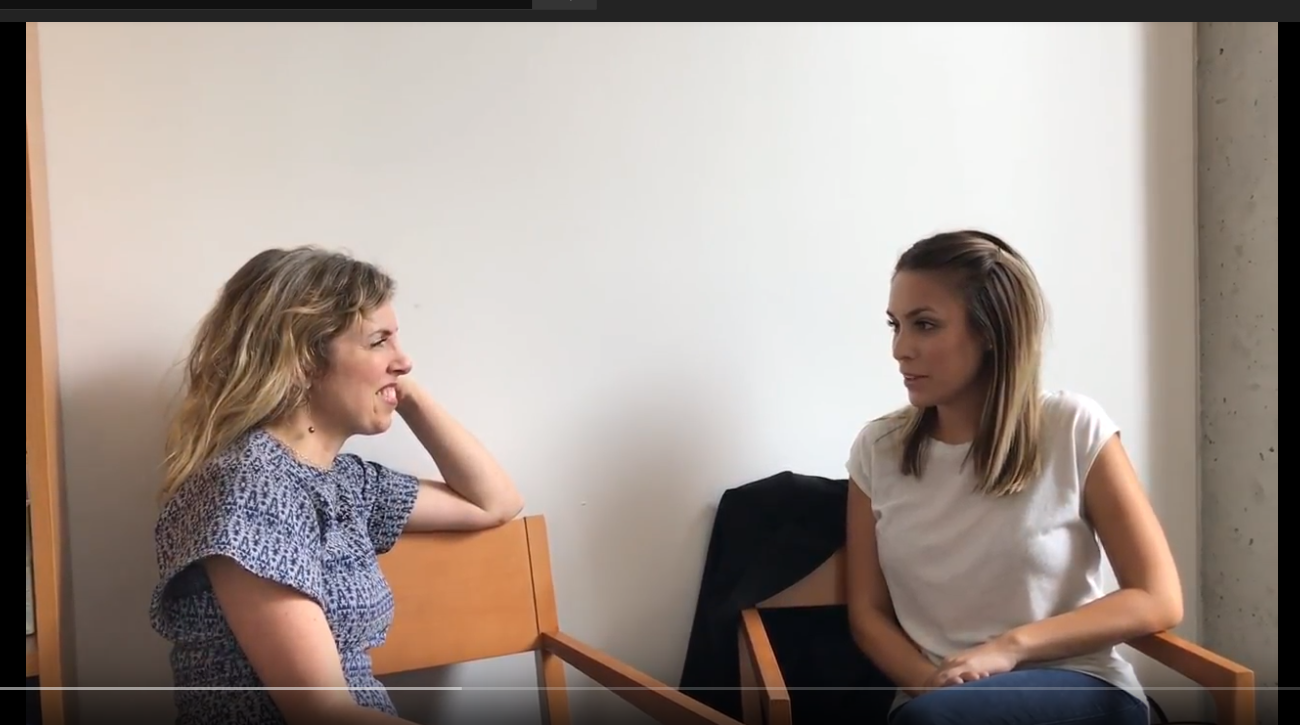The critical yet underappreciated role that climate change lawsuits have played in shaping our nation’s policies was the topic of a recent seminar put on by the Department of Environmental and Occupational Health (EOH) at GW’s Milken Institute School of Public Health. The event featured Associate Professor Sabrina McCormick, who discussed a topic that was and remains the subject of national debate due to this year’s record hurricane season and a paper on the topic that McCormick published in Science just days before the seminar.
McCormick, who is an accomplished filmmaker, opened up the seminar, “Critical Role of Climate Change Litigation and Opportunities for Public Health,” with a trailer about some of her most recent work. Her talk was so popular that the venue had to be moved to one of the Milken Institute SPH building’s larger auditoriums.
McCormick reminded the students, faculty, and staff gathered for the talk that the window for action on climate change is rapidly closing. “We have about 3 years left to avoid 1.5 degrees of warming,” she said, citing figures published by the Intergovernmental Panel on Climate Change, the Nobel Prize-winning organization for which she has served as a lead author.
The many fascinating facts about how the cases involving climate change being decided by U.S. courts are impacting the nation’s climate change policy that McCormick shared during her talk include the current reality that most cases involving energy efficiency and renewable energy have not included information about health issues. McCormick stated that she sees an opportunity for researchers in the health sciences to generate evidence to support legal cases involving climate change.
After the seminar, Tawney Freeman, a first-year MPH student enrolled in the department’s Global Environmental Health program, asked McCormick for her advice about how to become the kind of researcher who studies issues at the intersection of climate change science and health. Freeman is also studying to become a Physician Assistant program through the school’s joint PA/MPH program, and she is interested in climate change science.
“If you can become as expert as possible about the health ramifications of climate change, you will be really a leader in the field because there aren’t that many people coming out of an MPH really knowing about health and climate change,” McCormick told Freeman.
You can listen to the rest of McCormick’s answer in this 1:40 video on the EOH Department’s YouTube Channel.
The department brings in one or two experts each month to discuss their research at lunchtime events, and these seminars are one of the ways our students learn about current EOH topics.


